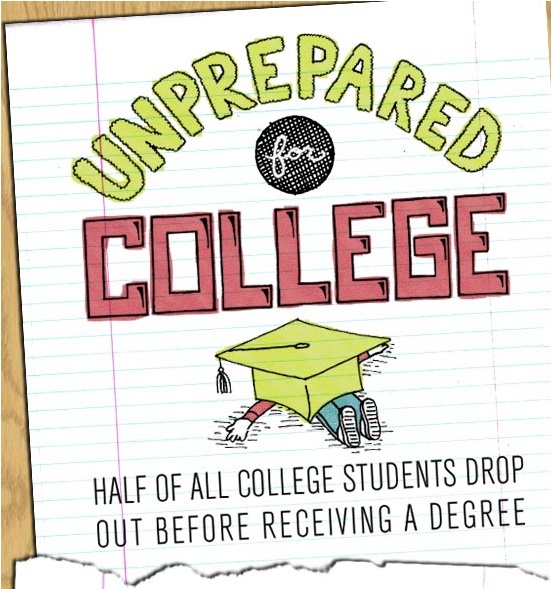
What are your student’s college dreams?
There are many reasons your child may not get into a specific college—but you should never be one of them.
Sometimes it simply comes down to other applicants being more qualified—whether that be through grades or extracurriculars, maturity level or how admissions officers feel a student will jibe with the university, its mission and the makeup of its incoming class.
But there are many external roadblocks we put on our children that can limit them. Here are three of the most common—and the most detrimental.
-
Show me… money!
Of course, tuition is astronomically expensive, and no one wants to saddle their child with the huge debts that have been the bane of the current generation of post-grads. That being said, there are always scholarships and fellowships available to people with the right skill level.
If your student has a high level of achievement and is looking toward a trajectory that seems like it will break your bank, start your research on these opportunities early—at least a year in advance of application dates. Many scholarship applications are hard work and require essays, financial statements and recommendation letters.
College counselors may be able to help outline solutions too, and there are also a great many free college fairs around the country. Check out the calendars for these, because they not only have people there as representatives of major universities, they also have resources to help your student find the financial aid that is necessary for him or her to achieve a college dream.
In the end, if you have to go with loans, don’t fret… it’s possible that all will be forgiven sometime soon!
-
But where in the world is it?
Many students (and parents) get hung up on staying close to home, with friends, or in a warmer clime. Encourage your student to look deeper into the kind of education they will receive, rather than whether it gets too far below zero (at say the University of Minnesota). What you know (that they likely do not) is that four years is not a long time. Your child can always return to the bosom of the family, or back to sunny California, once they have a solid degree in hand. But who knows—maybe ice fishing will become a favorite new hobby.
-
I don’t know where I want to go!
Another common roadblock to finding the right university is too many choices when it comes to the future. It’s important to sit down with your child and have a conversation about what they want in a school, even if they keep saying “I dunno.” Keep in mind there is no perfect place and there are many “right” schools to choose from. I know it seems like a massive decision, but it’s one you can get wrong and not suffer too much—a student can always transfer if things don’t work out.
Here are some areas to focus on to help your child whittle down their list of potential schools:
- Size of school: Would they be excited about the opportunities of a large campus or prefer the individualized instruction of a smaller school?
- Faculty: Look up the achievements of the professors in certain areas that might interest your son or daughter. Keep in mind elite professors may be on sabbaticals, but it demonstrates a level of commitment to a specific subject at a university. Research opportunities are another part of this. Is the University participating in cutting-edge research in an area that is exciting to your young student?
- Extracurriculars: Actively investigate where extracurriculars that interest your child are strongest. This will be part of finding the right fit. See if clubs, athletics or performance groups have a high level of achievement.
- Study Abroad Possibilities: Is this something your student wants to pursue? Make sure the options are available.
- Post-Graduate Opportunities: It’s much easier to get into grad school at the university where you receive your bachelor’s. If your child is on a path that requires this kind of education, see if this added criteria helps make a choice of where to apply.
Ultimately, it’s imperative to give students the latitude to make their own decisions based entirely on their qualifications for college rather than on any other factor. Everything else can be figured out. Remember, where there’s a will, there’s a way.
___________________________________________
About the Author
Ryan Hickey is the Managing Editor of Petersons and EssayEdge and is an expert in many aspects of college, graduate, and professional admissions. A graduate of Yale University, Ryan has worked in various admissions capacities for nearly a decade, including writing test-prep material for the SAT, AP exams, and TOEFL, editing essays and personal statements, and consulting directly with applicants.





